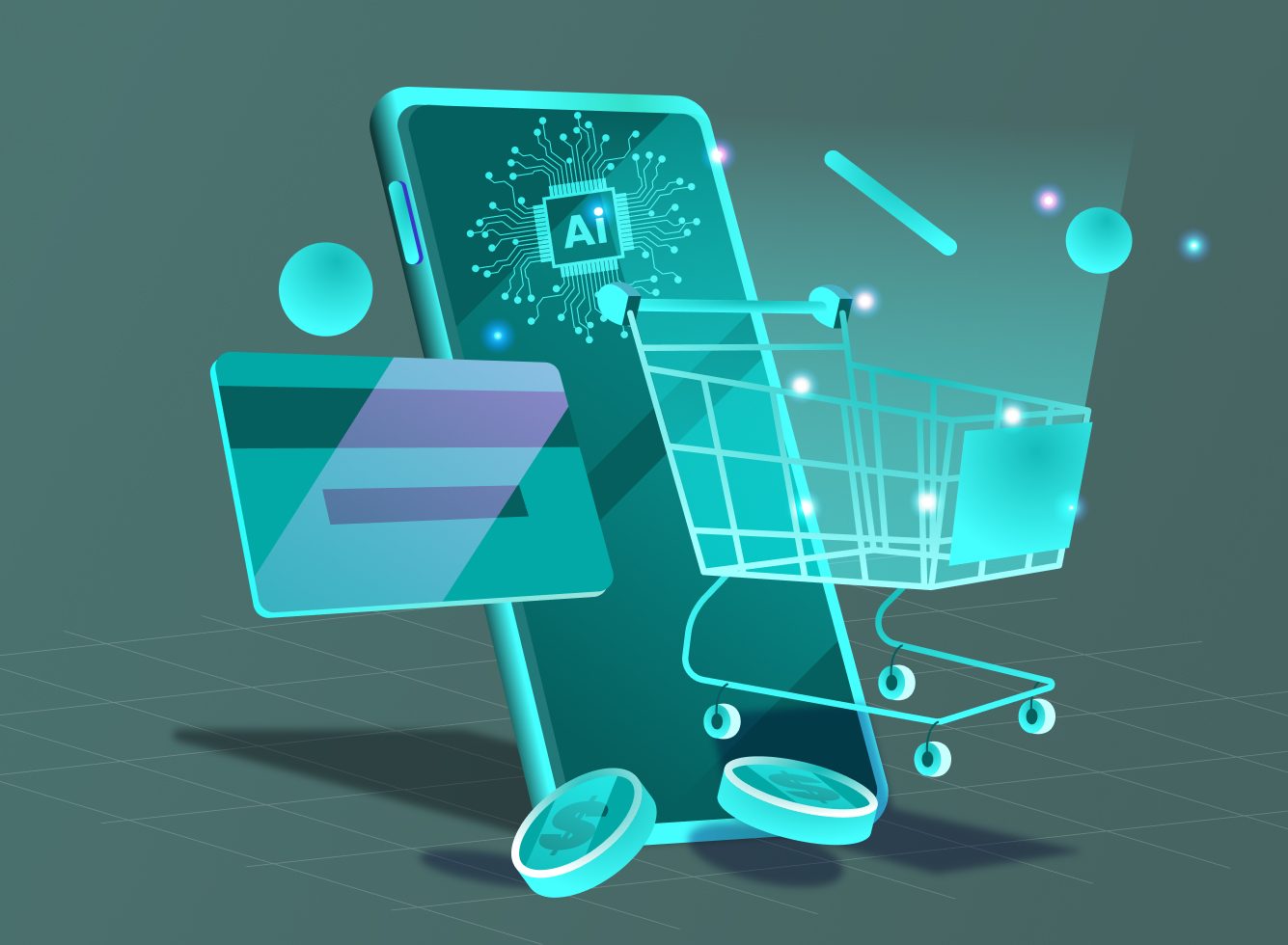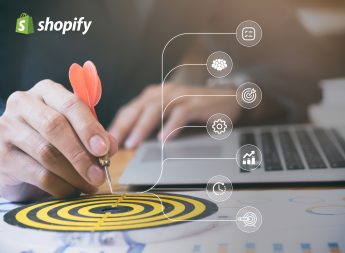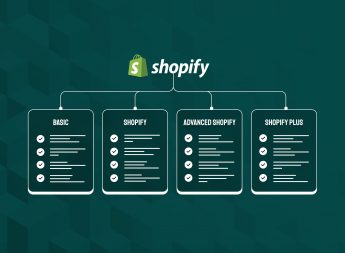How Ecommerce Will Change in 2025 and Beyond

1. Mobile-First Shopping Designs
Mobile devices have become the primary tool for online shopping, and their influence will only grow by 2025. Businesses need to deliver fast, responsive websites with intuitive navigation and features like one-click checkout to meet the expectations of mobile shoppers. By focusing on lightweight designs and optimising loading speeds, businesses can ensure their platforms work seamlessly across devices and provide a smooth, consistent experience.
2. Omnichannel Shopping for Seamless Experiences
Consumers expect a unified shopping experience, whether they’re browsing online, visiting a store, or engaging via social media. Omnichannel integration enables customers to transition effortlessly between platforms, creating a more convenient and cohesive journey. Synchronising inventory and sales systems while connecting physical stores, apps, and websites ensures a seamless network that strengthens customer trust and satisfaction.
3. Personalisation and AI for Smarter Shopping
Artificial intelligence (AI) is reshaping ecommerce with advanced personalisation, smarter search capabilities, and targeted marketing. By analysing customer preferences and purchase histories, businesses can create tailored recommendations that enhance the shopping experience. Leveraging AI-driven services and tools also improves search accuracy and delivers relevant promotions, making interactions more engaging and meaningful.
4. Enhanced Focus on Customer Experience
As customer expectations rise, ecommerce businesses must deliver smooth and enjoyable shopping journeys. Technologies like augmented reality (AR), virtual reality (VR), and AI are making online shopping more interactive, with features such as virtual fitting rooms and personalised styling advice helping customers make confident decisions. Regular testing to identify and resolve friction points ensures a hassle-free experience, while adopting interactive tools enhances customer satisfaction.
5. Generative AI (GenAI) in Ecommerce
Generative AI is revolutionising how businesses create content, personalise experiences, and manage operations. From generating product descriptions to designing marketing campaigns, this technology saves time and improves quality. Businesses can use GenAI to craft unique promotional materials, refine inventory strategies, and offer more personalised services tailored to specific customer needs.
6. Conversational Commerce Beyond Chatbots
Conversational commerce is evolving beyond traditional chatbots to include AI-driven voice assistants, live video shopping, and social messaging apps. These tools provide real-time support, allowing customers to ask questions, receive advice, and complete purchases instantly. By investing in these platforms and training teams to handle live interactions effectively, businesses can deliver a personal and engaging shopping experience.
7. Zero-Party Data for Personalised Marketing
As privacy regulations tighten, businesses are turning to zero-party data—information customers willingly share, such as preferences, feedback, and shopping intentions. This approach allows businesses to personalise marketing efforts while fostering trust through transparency. Using tools like quizzes, surveys, and product finders helps gather valuable insights, while clear communication about data usage builds credibility and strengthens relationships.
8. Composable Commerce for Greater Flexibility
Composable commerce enables businesses to build ecommerce platforms using modular tools tailored to their needs. This flexible approach allows companies to adapt to market changes quickly and scale operations efficiently. Integrating APIs and modular solutions into existing systems simplifies processes and ensures the platform remains adaptable to future demands.
9. Dropshipping’s Evolving Model
Dropshipping continues to grow with advancements in supplier management tools, offering improved integration and faster delivery. Businesses can streamline operations by partnering with reliable suppliers and leveraging automation to enhance efficiency. Transparency and a strong focus on customer service are essential to building trust and maintaining a competitive edge.
10. Mobile Commerce Across Generations
While younger generations like Gen Z and millennials lead the mobile shopping trend, older demographics, including Baby Boomers, are increasingly embracing mobile devices for their convenience. Catering to this diverse audience requires creating visually appealing content, simplifying navigation, and focusing on authenticity to engage all age groups effectively.
11. Sustainability in Ecommerce
Eco-friendly practices are becoming a significant priority for consumers, who are drawn to businesses that adopt sustainable packaging, responsible sourcing, and environmentally conscious operations. Highlighting these efforts in marketing materials not only appeals to eco-conscious shoppers but also helps build long-term loyalty.
Ready to Future-Proof Your Ecommerce Business?
The future of ecommerce is full of opportunities. By embracing trends like GenAI, mobile-first designs, and sustainability, businesses can meet customer expectations and thrive in a competitive market. Success lies in anticipating changes, prioritising customer experiences, and using the latest technologies to deliver value.
Need help? Check out our ecommerce development services or contact us to discuss your business needs. Let’s build a future-ready ecommerce platform together!






